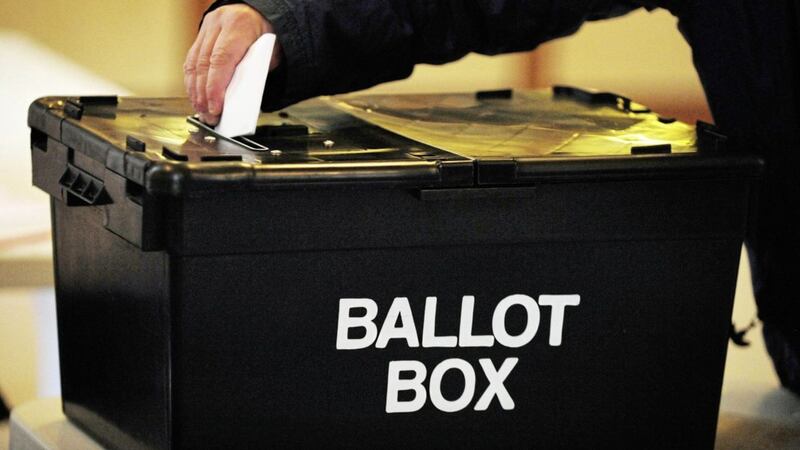I am a great believer in self-pity. It is most often portrayed as a negative, but I see it as one of the more therapeutic and healing emotions.
It is a proper preparatory state, helpful in facing into harsh realities. A period of feeling sorry for oneself, of feeling that no one understands nor loves you is invaluable. In its proper place and quantity, it is an elixir for an understanding and astute heart.
I would argue that unionism needs an extended period of self-pity. No matter what the result of next week’s election, those whose identity and loyalty is rooted in the union would benefit from a period of feeling sorry for themselves; a period of grieving for something that is so precious, but which is perceived as slowly slipping away. After all, a mother(land) walking away and rejecting her child is a most traumatic experience.
But unionism shouldn’t feel exclusively self-piteous. The nationalist people of the north have known that feeling off and on during many decades. Never fully sure if it’s mother(land) would claim its offspring, always keeping an alert ear to the depth of conviction and attachment that could be detected in its mother(land)’s voice and actions. Fearful that the separation would become permanent. Hoping that the mother(land) would come to the wherewithal and the economic strength to reclaim its separated children but concerned that time and economic wellbeing would result in estrangement and rejection.
John Hume’s mantra that you cannot eat a flag is partially true but so is the statement that man does not live on bread alone. War and peace have their roots in emotion as much as in power and greed. And feeling is often the only compass that men and women have. If the north, Northern Ireland, is to find a way forward that is mature and healthy, then nationalism and unionism will have to explore their own feelings and be empathetic and respectful to the feelings of the other.
That will not be easy because politicians like to believe that logic and pragmatism are the arbiter of successful negotiation and political settlement. While that may be true in the cut and thrust of normal politics, where the bedrock and the parameters are already agreed, what we are facing into is not normal. This generation is tasked with finding a resolution to a centuries old dispute and the reconciliation of two very hurt and fragile communities.
There are some signposts that will help in the conversations that will happen in the coming years. The first is the emotional knowledge that comes from decades of violence. It is unfortunate to have learned the hard way, but it is still a bonus to know how much pain and how little betterment is achievable in violence. Another is the insight into the futility and immaturity of thinking it is possible to avoid talking about the future. Remember the innumerable occasions of ‘no, no, no’ and ‘never, never, never’ evaporating into thin air as the external and internal worlds of political realities changed and mellowed.
Maybe the most important signpost is the knowledge that being unwilling or unable to talk about feelings is debilitating and even dangerous. We have learned from long and bitter experience that hiding or supressing our emotions is destructive to both body and soul. We have even learned that we use one emotion to hide a deeper emotion, often anger is used to hide sadness.
Nationalism is reasonably well prepared for the difficult conversations because it has had a hundred years of coming to terms with the full range of these emotions. Unionism is less prepared because it has convinced, even fooled itself, that its safety and its security is best guaranteed by avoiding any emotion that might reveal weakness or insecurity. That avoidance will crumble in the vortex of emotions that is now sweeping these islands.









